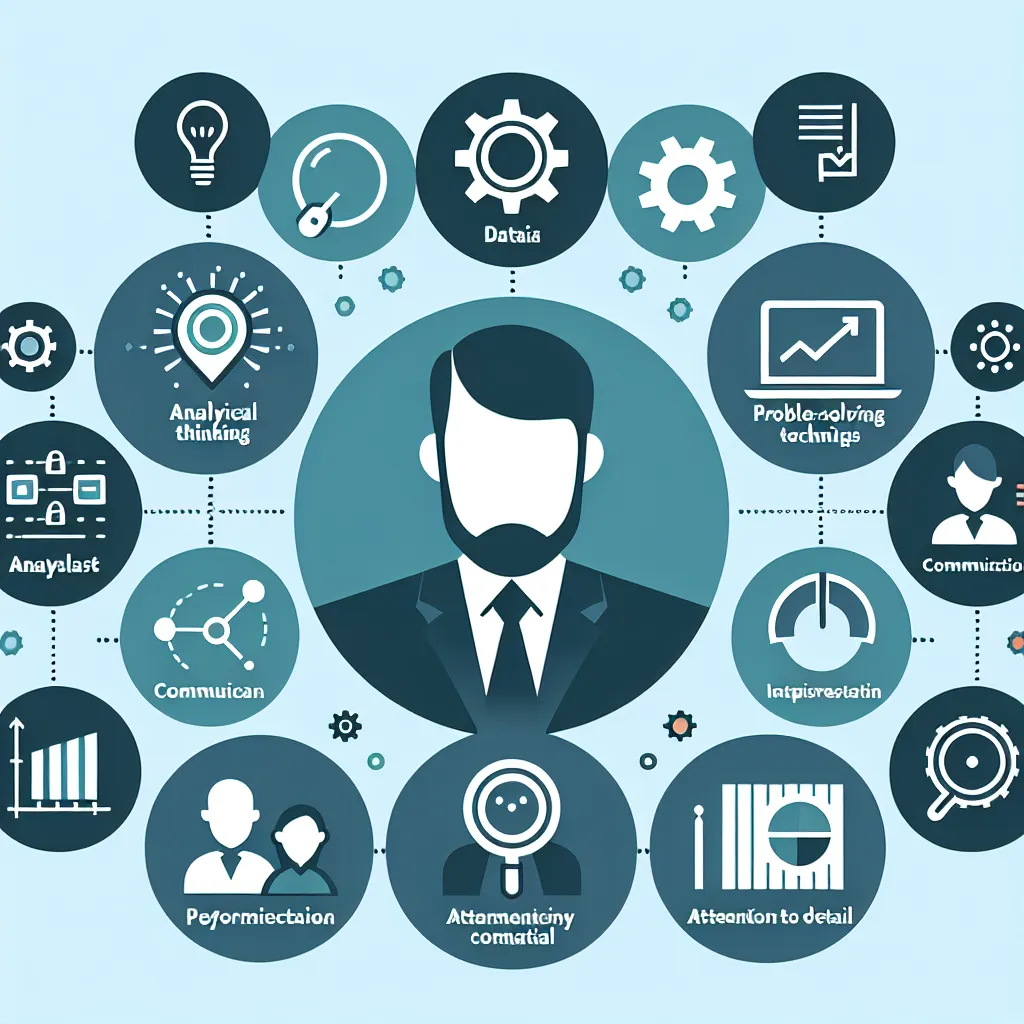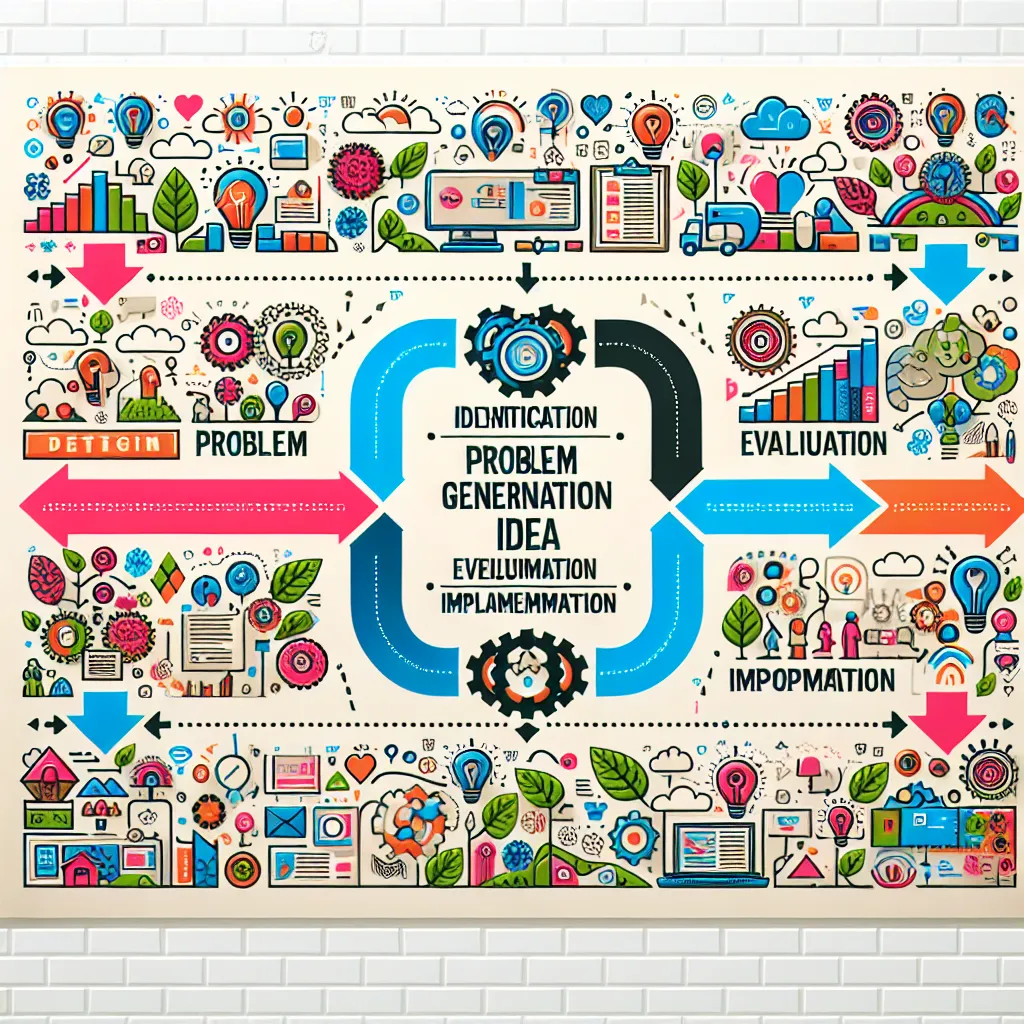Are you gearing up for an analyst interview? Whether you’re a fresh graduate or an experienced professional looking to switch careers, preparing for an analyst interview can be both exciting and challenging. This comprehensive guide will walk you through the essential steps to help you ace your analyst interview and land your dream job.
Understanding the Analyst Role
Before diving into interview preparation, it’s crucial to understand what an analyst does. Analysts play a vital role in organizations by collecting, interpreting, and presenting data to help make informed business decisions. They work across various industries, including finance, marketing, IT, and operations.
Key Skills Employers Look for in Analysts
When interviewing candidates for analyst positions, employers typically assess the following skills:
- Analytical thinking
- Problem-solving abilities
- Data interpretation and visualization
- Communication skills
- Attention to detail
- Proficiency in relevant software tools
 Analyst Skills Infographic
Analyst Skills Infographic
Preparing for the Interview
Research the Company and Industry
Start your preparation by thoroughly researching the company and industry you’re applying to. This will help you understand the organization’s goals, challenges, and how your role as an analyst would contribute to their success.
- Review the company’s website, annual reports, and recent news articles
- Analyze their competitors and market position
- Understand industry trends and challenges
Review Common Analyst Interview Questions
Familiarize yourself with common analyst interview questions to boost your confidence. Here are some examples:
- Can you describe a complex problem you’ve solved using data analysis?
- How do you approach data cleaning and validation?
- What tools and software are you proficient in for data analysis?
- How do you handle conflicting data or inconsistencies in your analysis?
- Can you explain a time when you had to present complex findings to non-technical stakeholders?
Prepare Your Responses
When preparing your responses, use the STAR method (Situation, Task, Action, Result) to structure your answers. This approach helps you provide concrete examples of your skills and experiences.
Example response to “Describe a complex problem you’ve solved using data analysis”:
“In my previous role at XYZ Company, we faced declining customer retention rates (Situation). I was tasked with analyzing customer data to identify the root causes and propose solutions (Task). I collected and analyzed data from various sources, including customer surveys, purchase history, and support tickets. Using statistical analysis and data visualization tools, I identified key factors contributing to customer churn (Action). Based on my findings, I recommended personalized retention strategies, which, when implemented, resulted in a 15% increase in customer retention over six months (Result).”
Practice Data Analysis and Problem-Solving
Many analyst interviews include practical exercises or case studies to assess your analytical skills. Practice solving sample problems and analyzing datasets to sharpen your skills.
- Work on sample datasets using tools like Excel, SQL, or Python
- Practice creating visualizations and interpreting data trends
- Develop your ability to explain your thought process and methodology
During the Interview
Demonstrate Your Technical Skills
Be prepared to showcase your technical skills during the interview. This may involve:
- Explaining your approach to data analysis
- Discussing specific tools or programming languages you’re proficient in
- Walking through a sample analysis or problem-solving exercise
Highlight Your Communication Skills
As an analyst, you’ll need to communicate complex findings to various stakeholders. Demonstrate your ability to explain technical concepts clearly and concisely.
- Use simple language to explain complex ideas
- Practice presenting data visually (e.g., graphs, charts)
- Show how you tailor your communication style to different audiences
Ask Thoughtful Questions
Prepare insightful questions about the role, team, and company to show your genuine interest and engagement.
Examples:
- “What are the biggest challenges facing the analytics team right now?”
- “How does the company use data to drive decision-making?”
- “Can you describe a typical project lifecycle for an analyst in this role?”
Follow-Up Questions and Sample Answers
Here are some additional follow-up questions you might encounter in an analyst interview, along with sample answers:
-
Q: How do you stay updated with the latest trends in data analysis?
A: “I regularly attend industry conferences, participate in online courses, and follow reputable data science blogs and journals. I’m also part of a local data analytics meetup group where we discuss emerging trends and share best practices.” -
Q: How do you handle working with incomplete or messy data?
A: “When faced with incomplete or messy data, I first assess the extent of the problem. I then use various techniques such as data imputation for missing values, outlier detection, and data normalization. I always document my cleaning process and communicate any limitations or assumptions in my final analysis.” -
Q: Can you explain a time when your analysis led to a significant business decision?
A: “In my previous role, I conducted a comprehensive analysis of our product pricing strategy. By analyzing competitor pricing, customer purchase patterns, and profit margins, I identified opportunities for optimizing our pricing tiers. My recommendations led to a 10% increase in overall revenue without significantly impacting sales volume.” -
Q: How do you ensure the accuracy of your analysis?
A: “I employ several methods to ensure accuracy. This includes cross-validation of results, peer reviews of my work, and sensitivity analysis to test the robustness of my findings. I also always check for potential biases in the data or my approach.” -
Q: How do you handle tight deadlines or competing priorities?
A: “I use project management tools to organize my tasks and prioritize based on urgency and impact. I communicate regularly with stakeholders to manage expectations and, if necessary, negotiate deadlines or scope. I’m also adept at breaking down large projects into manageable chunks to ensure steady progress.”
Common Mistakes to Avoid in Analyst Interviews
To increase your chances of success, be aware of these common pitfalls:
-
Overcomplicating explanations: Keep your responses clear and concise, avoiding unnecessary technical jargon.
-
Neglecting soft skills: While technical skills are crucial, don’t forget to highlight your communication, teamwork, and problem-solving abilities.
-
Failing to provide concrete examples: Always back up your claims with specific instances from your experience.
-
Overlooking the importance of business acumen: Show that you understand how your analysis impacts business decisions.
-
Not asking questions: Failing to ask thoughtful questions about the role or company can signal a lack of interest.
Conclusion
Preparing for an analyst interview requires a combination of technical knowledge, practical skills, and effective communication. By following this guide and practicing your responses, you’ll be well-equipped to showcase your abilities and make a strong impression on potential employers.
Remember to stay calm, be confident in your skills, and approach the interview as an opportunity to demonstrate how you can add value to the organization. Good luck with your interview!
For more interview preparation tips, check out our related articles on how to discuss your analytical skills in an interview and how to discuss your ability to think critically.




